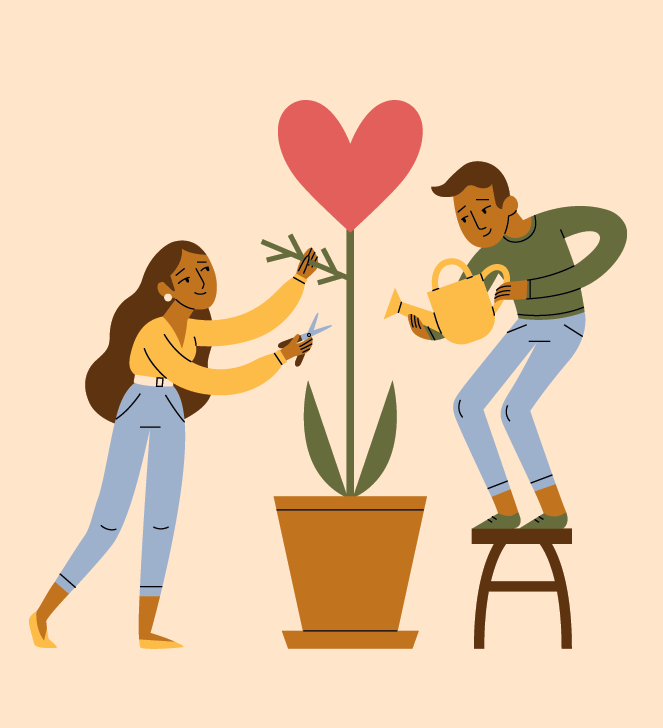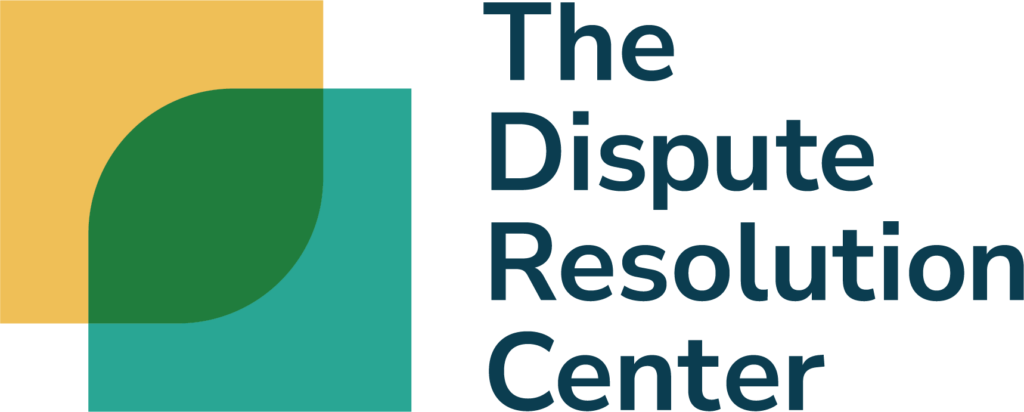How Does Restorative Justice Work?
Restorative Justice approaches can be used in any situation where harm, crime, or wrongdoing has occurred, and focuses on repairing relationships between people. We have worked with individuals and families in many types of situations from parent/child conflict, workplace conflict, and where a crime has occurred.
At the DRC, we were taught by the Little River Band of Ottawa Tribe and given permission to use their cultural practices of Peacemaking in Washtenaw County to address conflict. The DRC's approach to Restorative Justice is about bringing everyone back to wholeness, which comes from the 7 Sacred Grandfather's teachings of: Humility, Bravery, Honesty, Wisdom, Truth, Respect, Love.
Restorative Justice can be seen as not just an approach to problem solving, but a way of life.

